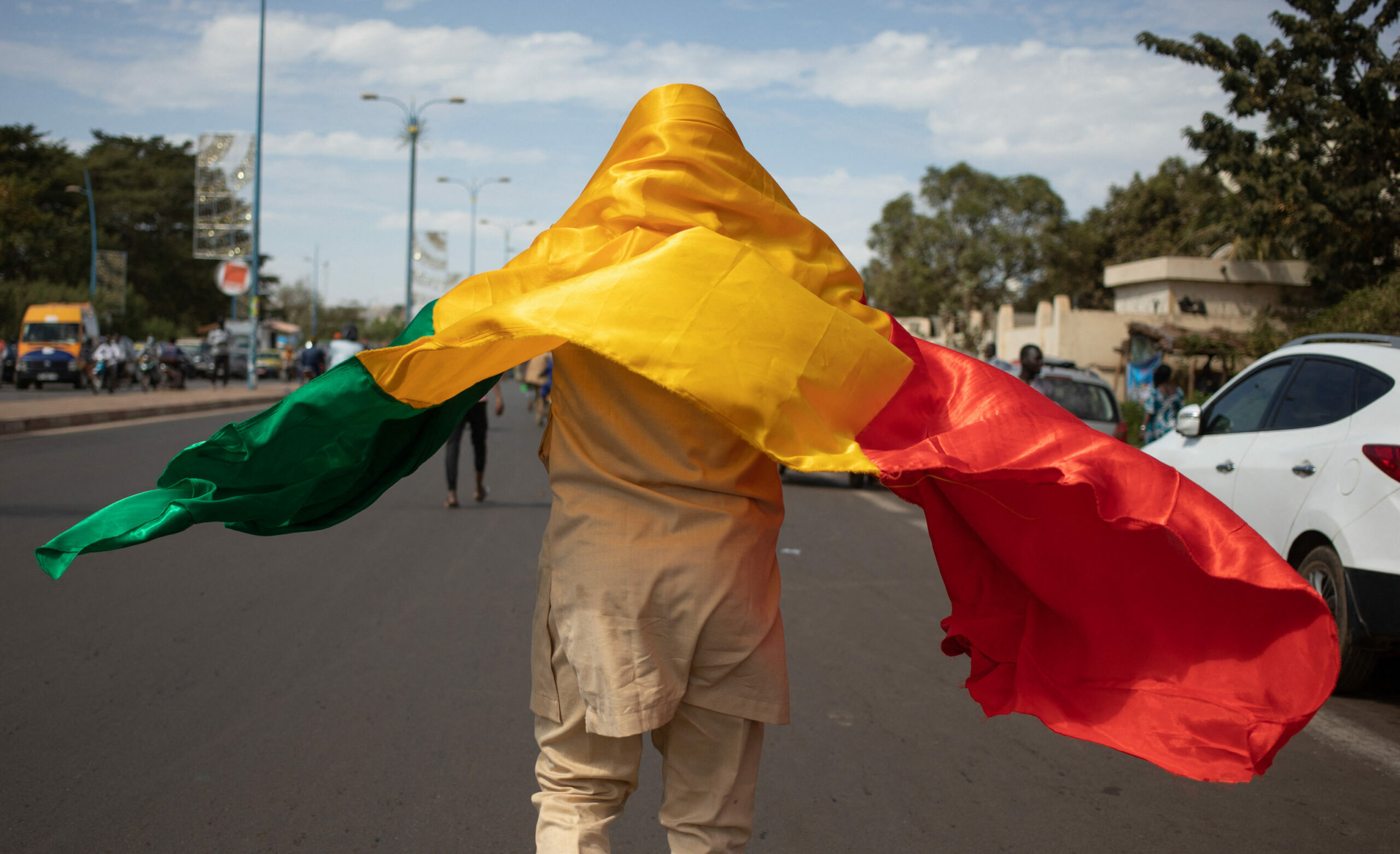An upcoming referendum on 18 June (and on 11 June for security forces) is likely to lead to delays for several other elections scheduled in the next few months.
This assessment was issued to clients of Dragonfly’s Security Intelligence & Analysis Service (SIAS) on 18 May 2023.
- A constitutional referendum on 18 June is highly likely to be disrupted, especially in rural areas
- Irrespective of whether the constitution is approved, the military junta is unlikely to stick to a planned handover to civilian rule by 26 March 2024 which will probably be pushed back by several months to a year
- ECOWAS would probably in turn reimpose sanctions on the regime
The draft of the new constitution is more likely than not to be approved by Malians despite vocal opposition from civil society and religious groups. But an ECOWAS-backed plan for power to return to civilians by 26 March 2024 is also in jeopardy. Further delays to that timeline would be likely to lead ECOWAS to reimpose sanctions on the junta.
We doubt that the proposed constitution draft would make Mali more politically stable. The junta has called the referendum as a purported first step towards handing over power. It also stated that the adoption of the text would make the Malian state less prone to regime instability by strengthening the political institutions. But the new constitution would give extended powers to the president and the military as well as diminish the independence of the judicial branch.
Further steps in the transition involve the holding of local, legislative and presidential elections before March 2024. These will almost certainly not happen on time. The electoral calendar was designed on the assumption that the constitutional referendum happened on 19 March. But the junta postponed that referendum without delaying the ensuing elections. Nor have preparations for the other votes begun; there are for example no declared candidates for the legislative or presidential elections yet.
Disruptions to voting highly likely
The authorities are likely to face enormous difficulties organising the vote on 18 June, particularly in rural areas. Voting on the constitution draft is highly likely to be disrupted in rural areas on 18 June. The government’s control is disputed. Jihadists have carried out at least 95 attacks since the beginning of the year in most of the country’s regions, based on our data. And, Islamic State (IS) fighters appear to have been encircling and blockading several cities such as Menaka in the east of the country since mid-April. It is also unlikely that many Malians will be able to vote safely.

Implications of the adoption of the new constitution
We are reasonably confident that Malian voters would approve the draft constitution. That is because the junta is advocating for it. This is even though several civil society and religious groups have openly expressed opposition to the draft in recent weeks. They have called on the electorate to reject the project due to the extended powers it would give to the president and the military. And several groups are also questioning the legitimacy of Interim President Goita and of the junta to draft the new constitution.
Among the more divisive measures in this draft is the description of Mali as a secular state (as set out in the current constitution too). Goita needs the support of religious groups, which have lobbied for Mali to be a multi-confessional state. A diplomatic contact in Bamako told us that the junta recently passed more radical laws to gain the support of these highly influential religious leaders. These included harsher anti-LGBTQ+ laws. Losing such support would be highly problematic for the junta to maintain its grip on power in the coming year or so.
Even if this new constitution is adopted, it is unlikely that this would mean a return to civilian rule. Goita is highly likely to run in the next presidential elections (disregarding a clause in the transitional charter). And under the constitution, he would retain extensive powers to sway political or judicial decisions. Goita is a colonel and was one of the leaders of the May 2021 coup. In such a scenario, ECOWAS would probably reimpose sanctions against the regime.
Rejection of referendum likely to lead to a coup
In the somewhat doubtful scenario whereby the electorate rejects the draft constitution, regime instability risks would remain severe. The transitional authorities would have to draft yet another constitution or run the elections under the 1992 constitution (under which institutions are weak). An entire year elapsed between the start of the redaction of the project and the referendum. Such a delay would push the end of the transition back, probably by a similar amount of time. And high-ranking military officers would ultimately be able to oust any elected president through a coup as they did in 2012, 2020 and 2021.
Image: A man with the Malian National flag draped over his head and shoulders joins a mass demonstration in Bamako, on 14 January 2022, to protest against sanctions imposed on Mali and the Junta by the Economic Community of West African States (ECOWAS). Photo by Florent Vergnes/AFP via Getty Images.







